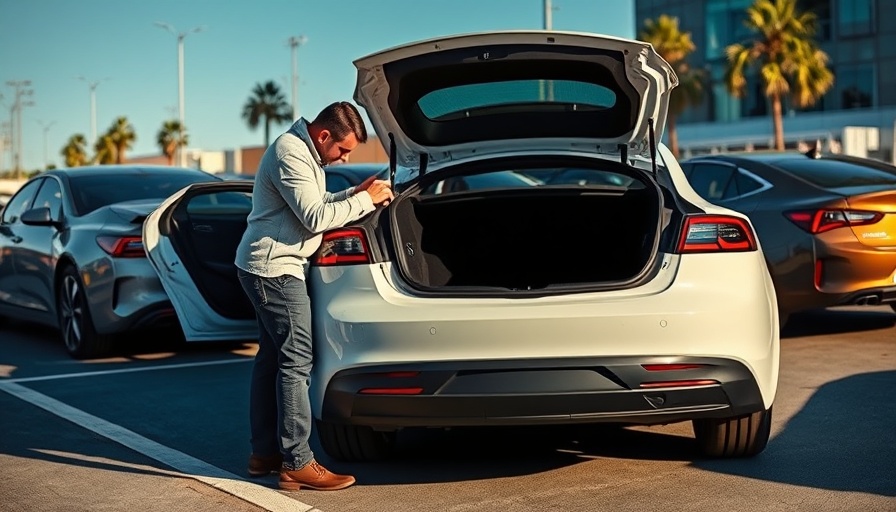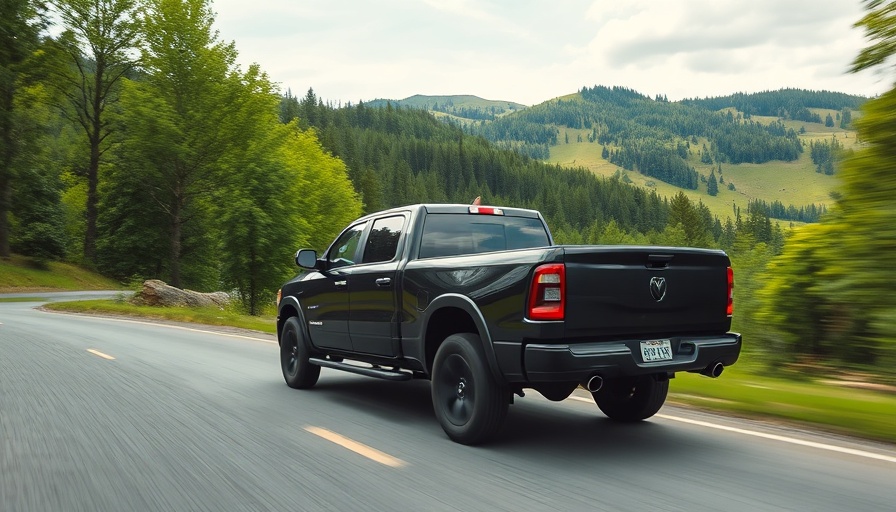
Year-End Car Sales Surge Amid EV Tax Credit Uncertainty
In a surprising twist, the threat from former President Trump to end electric vehicle (EV) tax credits has inadvertently spurred a notable boost in US car sales. As we wrap up the year, many consumers jumped at the chance to purchase electric vehicles, still under the umbrella of these beneficial credits. During the fourth quarter, EV sales experienced a robust increase of 12% year over year, highlighting the consumers' rush to capitalize on potential savings.
Understanding the Impact: How Threats to EV Tax Credits Fuel Sales
This unexpected boost is a stark illustration of how policy announcements can affect consumer behavior, especially in the automotive market. The looming end of EV tax credits prompted many buyers to expedite their purchase decisions to benefit from the financial incentives while they lasted. This behavior shift underscores the importance of understanding legislative changes and their potential impacts on retail sales.
Relevance to Current Automotive Trends
As discussions about sustainable transportation solutions and incentives continue globally, the ripple effects of the proposed rescindment of EV credits align with broader industry trends. Today's consumers are veering towards efficiency and environmental responsibility, making them receptive to these fiscal incentives. By recognizing and leveraging such trends, automotive professionals can enhance their strategies and optimize retail operations.
Actionable Insights for Dealerships
For dealer principals, general managers, and finance managers, this scenario offers a vital lesson in adapting to market fluctuations. Staying informed on policy changes and identifying consumer trends early can guide sales strategies and marketing efforts, maximizing the potential for capturing market share. Positioning inventory strategically and communicating the benefits of purchasing under current tax conditions can enhance sales performance.
 Add Row
Add Row  Add
Add 




Write A Comment